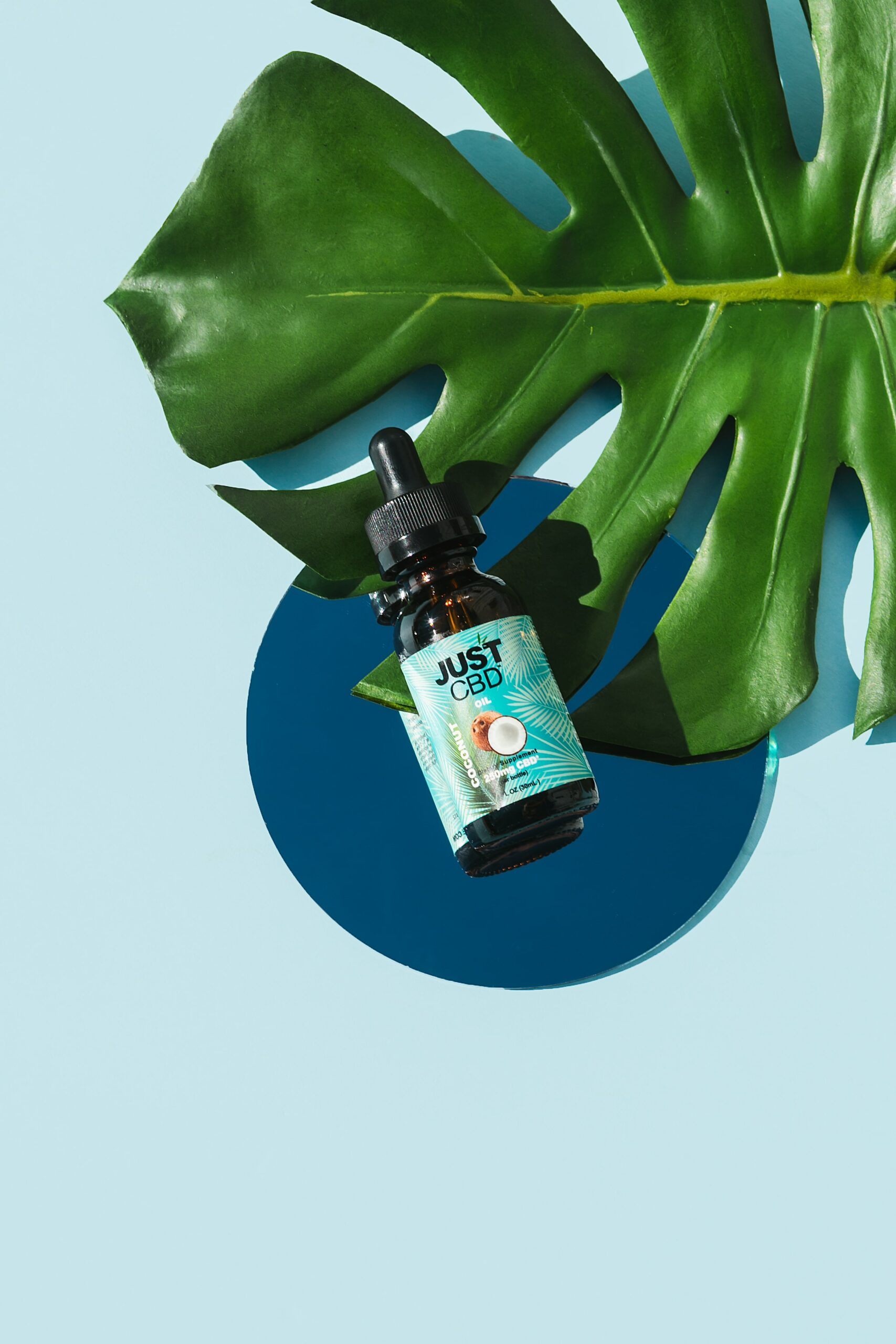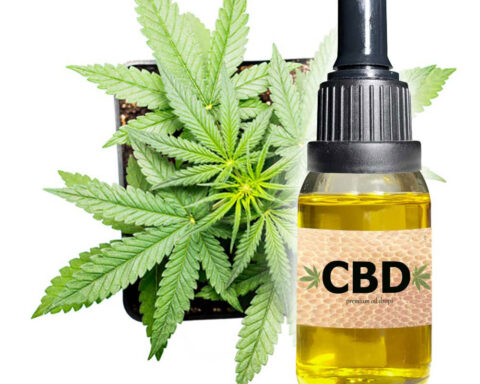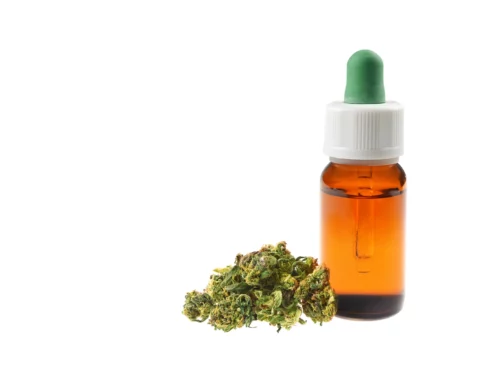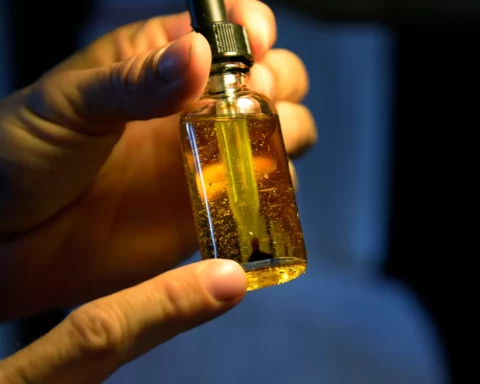You might have tried CBD oil or one of its products, following how fast it has climbed up the popularity ladder. It remained under the radar for a long time, and it was edgier than a mainstream product. However, following the passing of the Farm Bill in 2018, CBD oil is the new talk of the town, and everywhere you go, you likely will meet a CBD enthusiast. However, you might be concerned about the side effects, safety, and risks of this cannabinoid, and this article addresses all you need to know about these concerns. First thing, though, you need to understand CBD oil.
The Basics About CBD Oil
CBD oil is a chemical compound and one of the 100+ active chemicals in cannabis plants. It is extracted mainly from hemp plants, although you can derive it from marijuana. Most CBD brands deal in hemp-derived CBD oil whose THC concentrations are less than 0.3% to be in line with the Farm Bill’s guidelines for federally legal CBD. Unlike THC, another extensively-studied cannabinoid, CBD oil is non-psychoactive and will less likely get the user high unless the product you are consuming has more than minimal THC. CBD oil comes as gummies, tinctures, topicals, capsules, vapes, mints, and lozenges, among other products. Regardless of the product you choose, you can enjoy them in the following three formulations;
Full-spectrum CBD oil
Has terpenes, flavonoids, and many cannabinoids other than CBD, including the psychoactive THC. Because of the multiple compounds, full-spectrum CBD oil is linked to the full entourage effect.
Broad-spectrum CBD oil
Has terpenes, flavonoids, CBD, and many other cannabinoids, but has no THC. It is also linked to the full entourage effect.
Isolate-based CBD oil
It’s pure CBD and lacks terpenes, flavonoids, or additional cannabinoids
Benefits of CBD Oil
Studies have focused on CBD oil for therapeutic properties, but there is still a long way to go. The cannabinoid promises to help with a range of conditions, although there is not enough scientific evidence to prove the claims true. Nonetheless, the following are benefits linked to CBD oil use;
- Natural CBD oil comes from plants, and many people find organic remedies a better therapy.
- CBD oil comes in varied strengths, and every user can find his best fist, whether a veteran or novice enthusiast
- CBD oil comes in three formulations, with or without THC, taking all CBD enthusiasts with various needs on-board
- The cannabinoid features various delivery methods, including edibles, tinctures, vapes, topicals, and capsules
- Isolates allow people to enjoy large CBD oil dosages without fear
CBD Oil- Side Effects
Everything has its flip side, and you might wonder whether this is true of CBD oil. After all, adverts make CBD oil appear as a one-cure-all substance that’s not only well-tolerated but safe. Is that the case? Are there side effects of CBD oil that you need to know about before trying the supplement and growing distraught at the realization of serious side effects of the cannabinoid? Admittedly, CBD oil is not all that safe, which is why whoever is considering it should speak to a doctor beforehand. According to the FDA, the following are possible adverse effects of cannabis products, CBD oil included;
- Changes in appetite, including loss or gain in appetite
- Effect on alertness, which makes driving dangerous
- Live damage and live complications
- Problems with the gastrointestinal system, possibly exacerbating loss in appetite
- Change in mood, possibly causing irritability
- Possible interactions with alcohol and other medications a person might be using
Studies do not recommend CBD oil as an alternative treatment option following these risks. If anything, there is not enough scientific evidence to prove CBD oil true to claims surrounding it. As such, only future advanced studies will help clear doubts and separate truth from fluffs.
How Safe Is CBD Oil?
CBD oil is touted as ideal for many physical conditions. Unfortunately, many people do not pay attention to the safety side of using the cannabinoid for specific conditions. The truth is, there are safety concerns when it comes to CBD oil consumption, especially as brought out in the following points;
- There are many knowledge gaps in CBD oil studies, and up to now, we have not fully understood how CBD oil functions, save for the theory of its interaction with the endocannabinoid system (ECS)
- There is not enough scientific evidence to prove that CBD oil is efficacious for the claims made about it
- There is no surety that CBD oil with help with what a product label says
- The CBD industry is largely unregulated, and up to now, there are no recommended dosages for taking the cannabinoid
- There is every possibility of consuming contaminants in CBD products because some brands do not conduct 3rd party tests, and if they do, they focus on cannabinoid profile and not product purity against standard contaminants
- Some products have higher or lower CBD concentrations than indicated, showing that there is every possibility of underdosing or overdosing
- Some online platforms sell CBD oil illegally, but people buy from them anyway, even when no CoA is provided
Are There Risks Linked to CBD Oil Consumption?
Although CBD oil is presented in several alternative therapies for a number of conditions, there are many risks linked to its consumption. For instance;
- Long-term use of CBD oil might lead to organ damage, although studies are yet to confirm this
- Lack of regulations put people at risk of consuming contaminants that biomagnify in the system, potentially harming them
- Lack of dosage recommendations creates a possibility of CBD overdose
- CBD oil products with more than minimal (0.2- 0.3%) THC might lead to psychosis and other undesirable side effects
Conclusion
CBD oil has become the new talk of the town, especially now that it is propagated as a safe option. However, there are side effects linked to its consumption, including loss of appetite, the possibility of adverse drug interactions, and liver damage. Besides, it is not entirely safe, bearing in mind that its production is largely unregulated and it has no dosage recommendations.
- Missionary Position – Least Likely To Bring You To Climax - April 7, 2023
- Vibrators could put you in Jail - March 31, 2023
- Ball Gag Bondage - March 29, 2023









